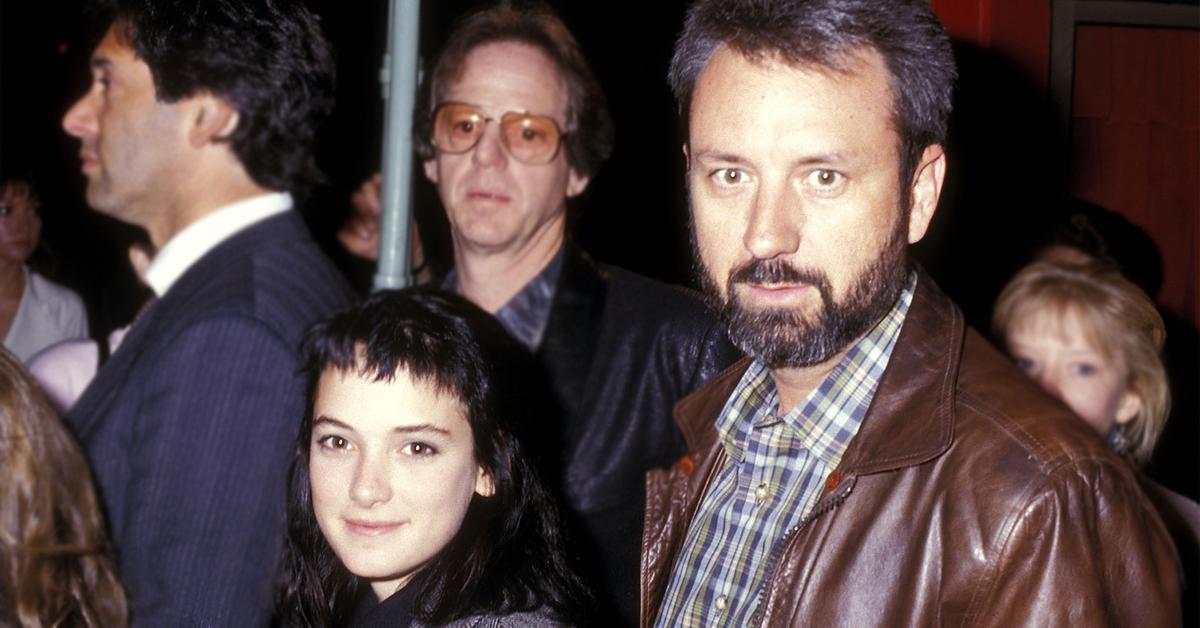Universal Music Group yesterday sued a music firm that allegedly distributes pirated songs on popular streaming services under misspelled versions of popular artists’ names—such as “Kendrik Laamar,” “Arriana Gramde,” “Jutin Biber,” and “Llady Gaga.” The UMG Recordings lawsuit against the French company Believe and its US-based subsidiary, TuneCore, alleges that “Believe is fully aware that its business model is fueled by rampant piracy” and “turned a blind eye to the fact that its music catalog was rife with copyright infringing sound recordings.”
Believe is a publicly traded company with about 2,020 employees in over 50 countries and reported $518 million (474.1 million euros) in revenue in the first half of 2024. Believe says its “mission is to develop independent artists and labels in the digital world.”
UMG alleges that Believe achieved “dramatic growth and profitability in recent years by operating as a hub for the distribution of infringing copies of the world’s most popular copyrighted recordings.” Believe has licensing deals with online platforms “including TikTok, YouTube, Spotify, Apple Music, Instagram and hundreds of others,” the lawsuit said.
UMG alleged that Believe distributes songs on these services “with full knowledge that many of the clients of its distribution services are fraudsters regularly providing infringing copies of copyrighted recordings.” Believe enters into “distribution contracts with anyone willing to sign one of its basic form agreements,” and its “client list is overrun with fraudulent ‘artists’ and pirate record labels who rely on Believe and its distribution network to seed infringing copies of popular sound recordings throughout the digital music ecosystem,” the lawsuit said, continuing:
Believe makes little effort to hide its illegal actions. Indeed, the names of its “artists” and recordings are often minor variants on the names of Plaintiffs’ famous recording artists and the titles of their most successful works. For example, Believe has distributed infringing tracks from infringers who call themselves “Kendrik Laamar” (a reference to Kendrick Lamar); “Arriana Gramde” (a reference to Ariana Grande); “Jutin Biber” (a reference to Justin Bieber); and “Llady Gaga” (a reference to Lady Gaga). Often, Believe distributes overtly infringing versions of original tracks by famous artists with notations that they are “sped up” or “remixed.”
The Rihanna song “S&M” was distributed as a remix by Believe under the name “Rihamna,” the lawsuit said. In other cases, names associated with allegedly infringing tracks were very different from the real artists’ names. The lawsuit said Lady Gaga’s “Bad Romance” and Billie Eilish’s “TV” were both distributed in sped-up form under the name “INDRAGERSN.”














:max_bytes(150000):strip_icc()/justice-league-unlimited-2000-36e4d5a420f2499d808708f00128b10d.jpg)
